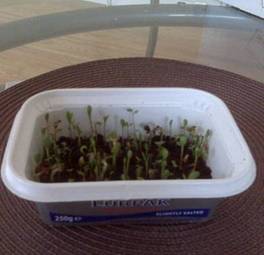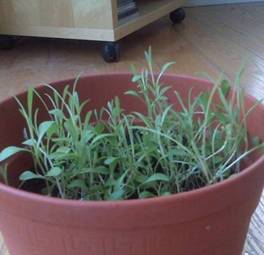In deepest rural Hertfordshire – one of the safest parts of the country statistically – fear of crime is rife. As fewer people live in rural areas it is easy for their concerns to be overlooked in setting police priorities.
Police plans talk of “neighbourhoods”, anti-social behaviour, even terrorism – all important – but the rural dimension of crime is largely ignored and not simply the epidemic of fly-tipping. A constituent recently told me about four hooded men coming at night to the yard of his gardening business, brandishing weapons and demanding to steal the new trailer and mower needed for work. The owner and his father felt forced to back down and he lost equipment worth thousands of pounds. This was a terrifying ordeal, after which his father found difficulty sleeping for some days.
Gangs come on to farmland with four-wheel drive vehicles, guns and dogs to do illegal hare coursing and threaten anyone who tries to stop them. There is also dog stealing and illegal shooting.
A survey of local residents in rural East Hertfordshire produced comments such as: “…garage broken into and motorbike, riding leathers, crash helmet… stolen…” “…picking up one of our dogs and taking it back to their vehicle…” “…a victim myself on numerous occasions…” “…very little police presence round here so villains can do pretty much what they like…” “There is not nearly enough police presence.”
Now, this is not just about Hertfordshire Police with their miserly budget from Government, but also about understanding that it is very frightening to be subject to crime many miles from a Police Station in a small rural community, particularly when a number of criminals are involved.
That is why local Police who know the area and are visible are vital. We need more of them. I know from my time spent with police that there are cars out patrolling, but police drivers have a difficult challenge in Hertfordshire with such a network of small lanes between villages and towns. When a police car is called to a rural spot, the police driver needs to know the roads as well as the criminal.
One initiative by a community police officer has been to send mobile phone messages to local people if criminal activity is taking place and coming their way. This allows local residents to secure their valuables and has led to crime being prevented and detected. Now it seems a central decision may see the mobile phone taken from the officer as a cutback. This must not happen.
So, I will continue to press for a strong police presence in the rural parts of the Hertfordshire as well as the urban and proper attention to rural crime. Police training needs to ensure that Hertfordshire Police know the rural area well.
It is vital that crime is reported and I always worry when told that a resident didn’t bother. Police effort is partly directed by an analysis of where crime is happening, so it is vital to report crime. It is also important that Police treat the report seriously and as more than an opportunity to hand out a crime number.
Rural crime matters and sentences for those convicted should reflect the fear these crimes engender in victims.



 Posted by oliverheald
Posted by oliverheald 




